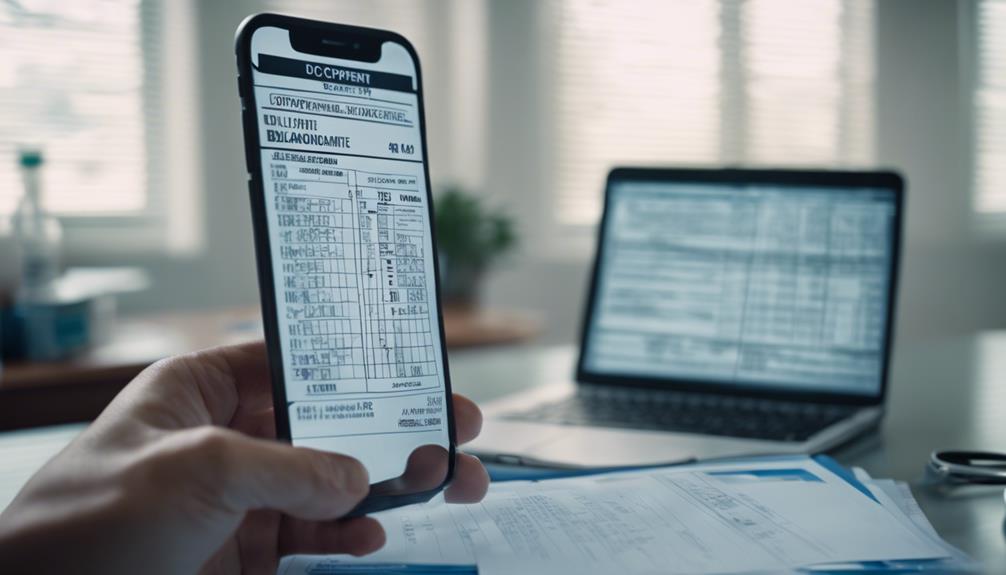Florida Medicaid is a crucial program designed to provide healthcare coverage for eligible low-income individuals and families in the state of Florida. In this blog post, we will delve into the intricacies of Florida Medicaid, its eligibility criteria, benefits, application process, and more. Whether you’re seeking information for yourself or a loved one, this guide aims to equip you with all the knowledge you need about Florida Medicaid.
What is Florida Medicaid?
Florida Medicaid is a state and federal program that offers health coverage to qualifying residents, including children, pregnant women, the elderly, and individuals with disabilities. Established under the Social Security Act, Medicaid aims to ensure that low-income individuals have access to essential medical services. Florida Medicaid provides a range of benefits, including hospital stays, doctor visits, preventive care, and long-term care services. The program is funded jointly by the state and federal governments, making it a vital resource for many Floridians struggling with healthcare costs.
Eligibility Criteria for Florida Medicaid
To qualify for Florida Medicaid, applicants must meet specific eligibility criteria. Generally, eligibility is determined by income level, household size, age, and specific health conditions. Florida uses the Modified Adjusted Gross Income (MAGI) methodology to assess income, which considers various factors such as tax filing status and family size.
As of 2023, the income limits for Florida Medicaid vary depending on the applicant’s age and family size. For instance, a family of four may qualify if their monthly income is below a certain threshold. Additionally, certain groups are automatically eligible, such as children under 19, pregnant women, and individuals receiving Supplemental Security Income (SSI). It’s important to stay updated on the latest income limits and eligibility requirements as they can change annually.
Benefits Covered by Florida Medicaid
Florida Medicaid offers a comprehensive range of benefits aimed at addressing the healthcare needs of its beneficiaries. Key services covered include:
1. Inpatient and Outpatient Hospital Care: Medically necessary hospital services, including surgeries and emergency care.
2. Physician Services: Routine check-ups, preventive care, and specialty consultations.
3. Preventive Services: Immunizations, screenings, and wellness visits to promote overall health.
4. Prescription Medications: Coverage for necessary medications through the Medicaid formulary.
5. Mental Health Services: Access to mental health care, counseling, and substance abuse treatment.
6. Long-Term Care: Services for individuals requiring assistance with daily living activities, including nursing home care and home health services.
Understanding the full scope of benefits is crucial for beneficiaries to maximize their healthcare coverage under Florida Medicaid.
How to Apply for Florida Medicaid
Applying for Florida Medicaid can seem daunting, but the process is straightforward. There are several ways to apply, including online through the ACCESS Florida website, by phone, or in person at local Department of Children and Families (DCF) offices.
When applying, individuals must provide relevant personal information, including income details, family size, and any existing health conditions. It’s advisable to gather necessary documents, such as pay stubs, tax returns, and Social Security numbers, to streamline the application process. After submission, applicants will receive a notification regarding their eligibility status, which may take up to 30 days.
Renewing Your Florida Medicaid Coverage
Florida Medicaid requires beneficiaries to renew their coverage periodically, typically every 12 months. Renewal is essential to ensure continued access to benefits and avoid any lapses in coverage. The renewal process involves submitting updated information about income, household composition, and any changes in health status.
Beneficiaries will receive a renewal notice from the Florida Medicaid program, prompting them to complete the renewal application. It is crucial to respond promptly to avoid disruptions in coverage. Failing to renew on time can result in loss of benefits, making it essential for recipients to stay informed about their renewal dates and requirements.
Florida Medicaid Managed Care Plans
Florida Medicaid operates through Managed Care Plans, which are designed to provide coordinated care for beneficiaries. These plans include Health Maintenance Organizations (HMOs) and Managed Medical Assistance (MMA) programs. Enrolling in a managed care plan means that members will receive all their Medicaid services through a single provider network.
Managed care plans offer benefits such as a primary care physician, care coordination, and access to specialists. Members are encouraged to choose a primary care provider who will oversee their healthcare needs and refer them to specialists when necessary. This structure helps streamline care and improves health outcomes for Medicaid recipients.
Common Challenges Faced by Florida Medicaid Beneficiaries
While Florida Medicaid provides essential healthcare coverage, beneficiaries often encounter challenges. Some common issues include navigating the application process, understanding benefits, and dealing with bureaucratic delays. Additionally, some recipients may face difficulty in accessing certain services, particularly in rural areas where healthcare providers may be limited.
Moreover, changes in eligibility and benefits can create confusion and uncertainty for beneficiaries. It’s crucial for individuals to stay informed about their rights and available resources, including advocacy groups and legal aid services that can provide assistance with navigating the Medicaid system.
Resources for Florida Medicaid Beneficiaries
There are numerous resources available to help Florida Medicaid beneficiaries understand and utilize their benefits effectively. The Florida Department of Children and Families (DCF) website offers valuable information on eligibility, benefits, and the application process. Local community health centers and non-profit organizations also provide support and education about Florida Medicaid.
Additionally, beneficiaries can contact the Florida Medicaid helpline for assistance with specific questions or concerns regarding their coverage. Engaging with these resources can empower individuals to make informed decisions about their healthcare and ensure they receive the support they need.
In conclusion, Florida Medicaid plays a pivotal role in providing health coverage for low-income residents. By understanding the eligibility requirements, benefits, application process, and available resources, individuals can navigate the Medicaid system more effectively. Whether you are applying for the first time or renewing your coverage, being informed is key to leveraging the full potential of Florida Medicaid.Unitedhealthcare Medicaid
